Housing affordability fix tied to ending reign of suburban landlords
Australia’s housing affordability crisis won’t be fixed unless suburban landlords are pushed from individual home ownership to other ways to get rich from property. REPORT FINDINGS
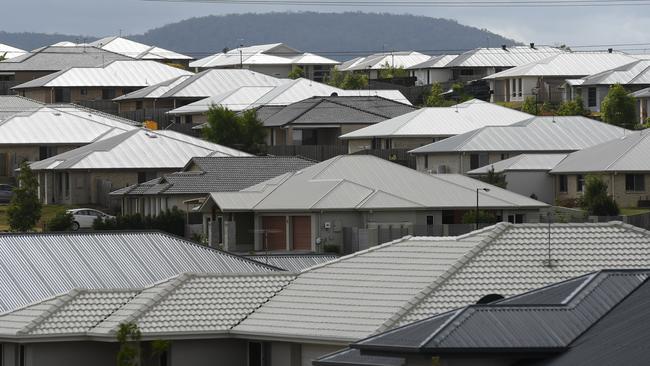
Property
Don't miss out on the headlines from Property. Followed categories will be added to My News.
The housing crisis has escalated so badly that governments alone can’t fix it unless suburban landlords exit individual home ownership for other ways to get rich from property.
The controversial call was made in a forensic report into the housing crisis, released Wednesday, which found Australia’s best shot at boosting affordability was to create better real estate investment alternatives for over $2.1 trillion in property wealth currently held by “suburban landlords”.
MORE: Stunning Qld renovations that defy building costs and uncertainty
Housing crisis relief: 42 two-bedder social housing units open

The housing whitepaper by digital settlement platform PEXA and integrated property business LongView warned “the size of the $10 trillion residential market and the growing scale of the crisis mean governments alone will never be able to make a meaningful difference to bridge the widening purchase and rental affordability gap for Australians, nor the rental experience”.
It said mobilising private capital from super funds, banks, family offices and richlisters, as well as trillions held by Australia’s “suburban landlords” would be key to “immediate and large-scale solutions to an urgent national problem”.
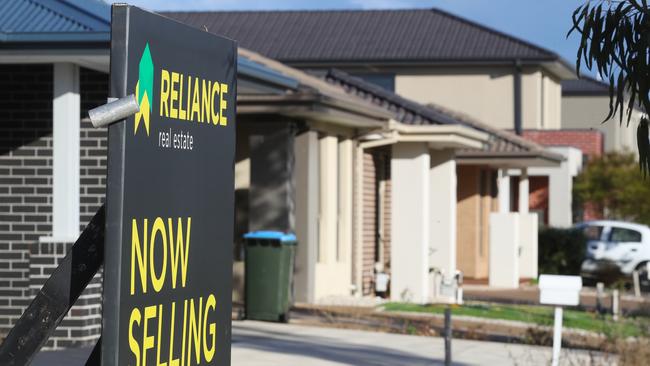
LongView executive chair, Evan Thornley – a billionaire during the dot.com boom, co-founder of Goodstart Learning and former Victorian parliamentarian – said shared equity and institutional ownership had the greatest potential to ease Australia’s housing crises, including real estate investment trusts that held a large number of rental properties.
“This would significantly reduce the possibility of renters getting evicted for a sale (as properties are held longer),” he said. “To make this more attractive for investors would require reform of some land tax regimes, which penalise large landholders unless they invest directly in affordable housing.”
“By creating an environment where landlords are attracted to moving out of direct ownership of individual properties and into owning shares of large funds, we can enable these transformations.”

PEXA CEO Glenn King said Australia’s housing affordability crisis was “only getting worse”.
“The simple truth is that our housing crises have just grown too big for governments to handle alone. For example, the average total change in property prices each year amounts to a third of Australia’s GDP, more than the Australian Federal Government’s entire budget. Even if the government spent every dollar they have giving grants to homebuyers, the purchase affordability problem would still worsen.”
He said the scale of the problem meant private capital and corporate Australia’s help was needed.
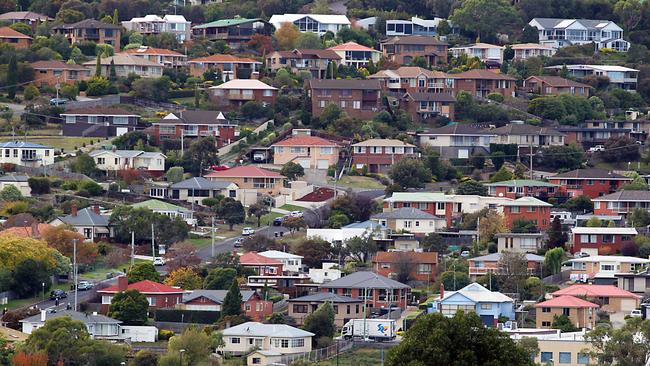
MORE: See the latest PropTrack Home Price Index
Mr Thornley said “we need to recycle the private capital and housing stock that is already in the system in more effective ways to solve the problems we are facing”.
“The more time you spend in the world of housing, the more you see things that need to be done better,” he said.
“We’re trying to think up better solutions than what we’ve had for the last 50 years because that clearly ain’t working for anyone. There are a lot of losers in that situation, and a lot of them are the most vulnerable, so we’re trying to find some better long term solutions.”
Mr Thornley said there were a lot of funds offshore that small investors could buy into which provided housing to a lot of people.
“If that fund is properly, professionally managed, and they buy good properties, then it generates better returns than those landlords will likely get on their own, but it also then can provide a better form of rental accommodation for those renters because it’s long term and the maintenance is done properly.”
“I’m not saying that all institutional owners are better, some of them are worse and the report talks about what would be needed to ensure that the institutional owners were actually better, but we think that’s a big opportunity for Australia. It would get rid of a lot of the problems for both landlords and renters that we have in our current, very fragmented system.”
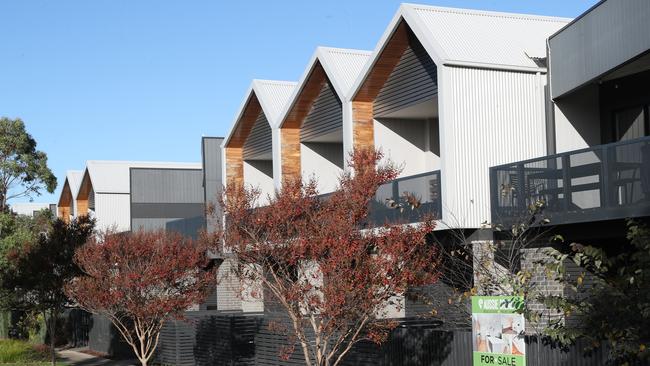
Mr Thornley said there were things that governments need to do but there were bigger opportunities for change via private capital.
“The landlords are the single biggest source of private capital so if we can create solutions that are more effective for landlords and provide better outcomes for renters, then that’s a pathway to the scale of change that we need.”
He said “instead of owning rental properties, landlords could be investing in shared equity funds, and then they’d actually be helping other people buy a home, while at the same time getting good investment returns and having none of the landlord hassles that they have by owning a single property”.
”We think that has the potential to be a better way for them to invest in property than each of them owning one property individually.”
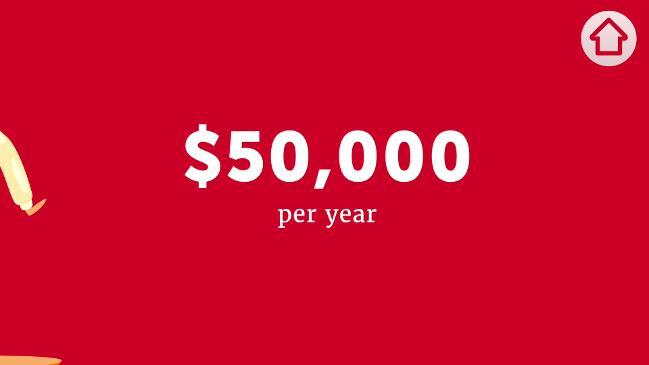
Mr Thornley said over time, the rental funds in particular could buy a large number of properties next door to each other, and eventually created large scale sites that could be redeveloped for affordable housing in areas close to transport and amenity.
“One of the biggest problems we have is you can’t build large scale affordable housing unless you can get the sites to do that on, and that requires somebody to be willing to be patiently consolidating those sites over a long period of time as they become available next door to each other,” he said.
“This sort of institutional owner could do that, whereas currently property developers generally are short term owners – they buy a site, they develop it, and then they sell it. They’re not in the right position to do that long term ownership to consolidate those sites, but these types of rental funds would be and that then leads to much greater increase in affordable supply.”
He said such measures “will take a while unfortunately”.
“The reality is most of the solutions to supply are going to take a while,” he said. “I know that doesn’t solve the crisis that we’re dealing with on the supply side now, but we’ll still have those supply crises in years to come and the sooner we start working on long term solutions, the sooner we’ll have those solutions.”
FOLLOW SOPHIE FOSTER ON TWITTER
More Coverage
Originally published as Housing affordability fix tied to ending reign of suburban landlords




